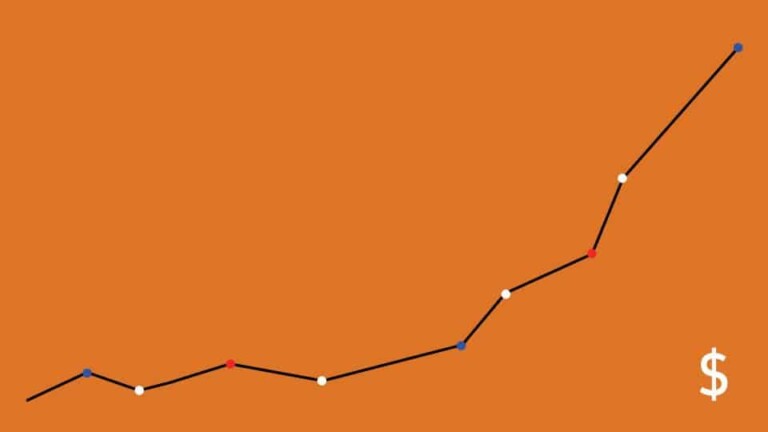The COVID-19 pandemic has started to affect consumer behavior and confidence.Therefore, this week we have prepared a roundup of coronavirus insights. A summary of the most relevant consumer behavior research. If you’re trying to keep up with the latest happenings, this is your one-stop-shop. Check out the previous consumer insights roundup here.
Coronavirus Insights
- According to recent data by Morning Consult, consumer confidence has drastically fallen in the U.S., Japan, Germany, the U.K., and France. The Morning Consult ICS (Index of Consumer Sentiment) in the U.S. is 108.99 as of March 13, decreasing 0.9% from the day prior and down 4.63% since January 1. This represents the largest single-day drop in over two years. “Consumer confidence drives more than two-thirds of activity in the largest economy, so it can have sweeping effects across sectors,” reports Morning Consult.
Online Shopping Behavior
- Predictive retail analytics platform Quantum Metric has published research about the effect of the new coronavirus on e-commerce in the U.S. Online retailers have reportedly experienced a 52% growth rate in online spending during the fifth-eighth weeks of 2020, compared to the same weeks of 2019. These weeks span Jan. 27 – Feb. 23, 2020, the period when the virus started spreading rapidly from Asia. In addition, online conversion rates rose 8.8% year-over-year during those same weeks in 2020.
- According to Adobe Analytics‘, which tracks sales of 80 of the top 100 online retailers in the U.S., online sales of items like hand sanitizers, gloves, masks and anti-bacterial sprays soared 817% in January and February compared to the previous year. Consumers are also buying more drugs and non-perishable items: sales of cold, cough and flu products went up 198%, pain relievers jumped 152%, toilet paper grew 186% and non-perishable goods such as canned goods went up 69%, all compared to the same period last year. The same is happening in physical stores; for instance, Walmart will be reducing open hours to be able to restock.
General Attitudes and Spending
- Internet media company Travelzoo has conducted a survey among U.S. consumers to learn about their travel intentions. Among the survey’s main findings, Travelzoo announced that astute travelers are still eager to travel both internationally and within the U.S. In spite of current concerns, many of them recognize now is the time to take advantage of remarkable travel deals. In fact, 44% of respondents stated the coronavirus hasn’t changed their interest in international travel. However, 36% of respondents said the coronavirus has impacted their planned international travel. Among those participants, 59% are considering selecting an alternate destination, postponing the trip or canceling the trip.
- Seattle-based payments processing company Gravity Payments notes there has been a dramatic drop in spending around Washington in the past three weeks. “Just this week we started analyzing the data and found an overall 10% drop in business in Washington State (concentrated in the Seattle metro area),” writes Brooke Carey, a company spokesperson. The largest drops have been in hotel spending (down 56%), movie theaters (46% down), liquor stores (-31%) and restaurants (-29%.)
- GlobalWebIndex has shared recent coronavirus insights. Currently, only 20% of survey respondents are concerned about the impact it will have on their personal finances (dropping to 12% among Gen Zs). Almost 90% of Gen Zs have made changes to their daily routine, dropping to 75% among baby boomers. Some 40% are reading the news more frequently in order to stay up-to-date, compared to just over 25% checking social media more frequently. Increased news checking is fairly consistent across generations, while checking social media more frequently drops dramatically among baby boomers. A quarter say they’re now shopping more online in light of the virus. Millennials (39%) are much more likely than any other generation to say this, followed by Gen Xers (29%). Higher-income individuals are also significantly more likely than lower earners to say this (48% vs. 15%, respectively).Check out: How will coronavirus impact marketing?
[ctalatinb]







